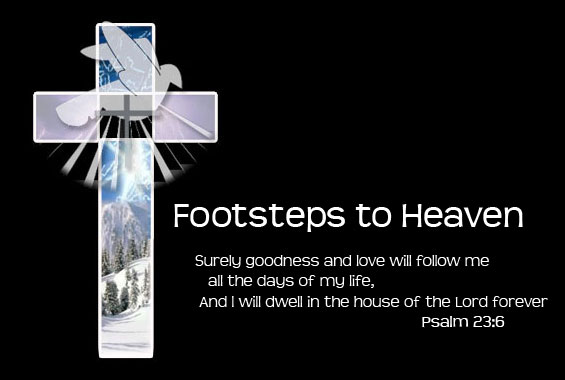In our discussion tonight, I brought up a "revelation" that I had during the week - it happened while I was reflecting on John 1:35-42.
My thoughts went like this...
- At first, I thought the John in the passage was John the disciple/gospel writer. After reading the verses leading up to verse 35 I realised that we were in fact, reading about John the Baptist (I'll refer to hiim as JTB).
- who were JTB's two disciples? One is named - Andrew - the other is not. Is it reasonable that the unnamed disciple might be John the gospel writer? Considering that John usually lists the names of those who were there at an event, but never seems to name himself, I hope this is a reasonable deduction.
Assuming that the unnamed disciple is John:
- Each of the synoptic gospels lists Simon, Andrew and his brother (Peter), and John and his brother (James) as the first disciples that Jesus calls. See Matthew 4:18-22, Mark 1:15-20, and Luke 5:3-11.
At first, it seems strange that these men would drop everything and follow Jesus as soon as they meet Him. It also seems a bit unreasonable that Jesus seems to expect us to do the same. However, when we take into account the events in John 1:35-42, we see that Jesus didn't randomly pick up men off the streets to be His disciples, nor did the these men drop everything to be disciples to a stranger.
Instead, each of these men were introduced to Jesus by someone they trusted: Andrew and John were introduced to Jesus by JTB; Peter and James by their respective brothers. (I'm not sure about Simon.) When reading each of the 4 above passages, it would also seem to me that Jesus met and spoke to Andrew and John on one day, and called them on a separate day.
Why is all this important?
1. Just as Jesus didn't pick up random peole off the street, so He does not expect anyone to blindly follow or blindly practice their faith. He reaches out to us through those that we know and trust, and presents opportunities for us to encounter Him, to speak with and experience Him. He gives us the chance to go away, to challenge, question, and understand our expereience of Him, and then to choose to respond when He calls.
2. Even though we are called to challenge and question our faith, at the same time, we are also called to follow, even if we don't have all the answers. Andrew and John would have met Jesus, had a chance to hear His teachings, but when Jesus called, they would not have known everything about this man. Their decision to follow Him was a decision based partly on faith.
3. We are sometimes called to play the part of John the Baptist, Andrew, or John and introduce Jesus to others in our lives. However, it is then not up to us to "convince" them to respond to Jesus' call; instead, we often have to let go, and allow them to make up their own mind whether or not to follow Jesus.
Jesus' Invitation
Reflection by
eeeeeedith =)
at
10/30/2008 11:57:00 PM
Labels:
Invitation,
Jesus,
Reflections

Subscribe to:
Posts (Atom)



